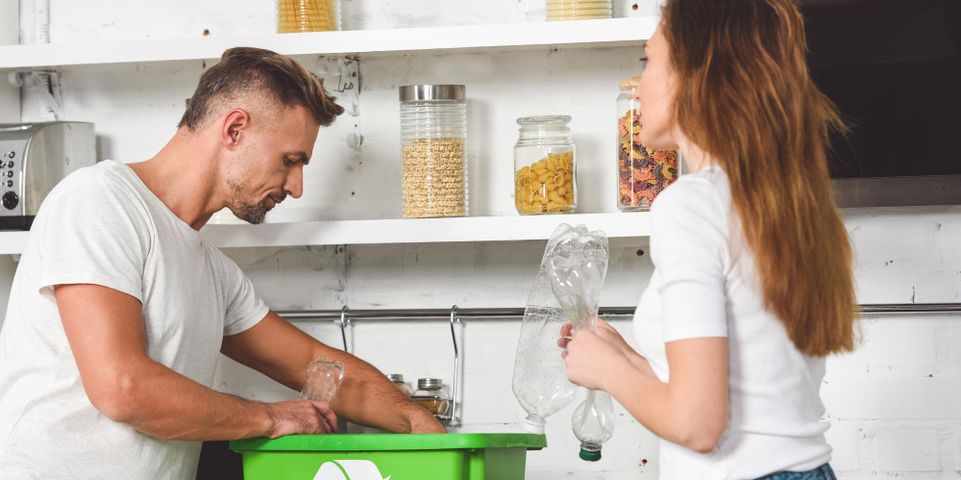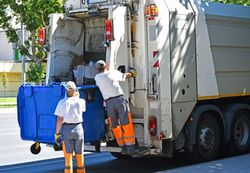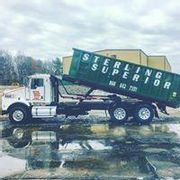Should You Rinse Containers Before Recycling Them?

If you don’t process recycling in accordance with the waste company, they may toss it in with the trash. Homeowners can avoid this issue by rinsing out bottles, cans, and containers. Here’s what you should know about this practice.
A Guide to Rinsing Out Recyclable Containers
Reducing Odors & Pests
Washing out juice bottles and emptying sauce containers will prevent the recycling from giving off a smell. Pets will be less interested in the waste, and wildlife like raccoons will be less likely to climb into the container to have a snack. Rinsing the recycling may also reduce the chances of insect and rodent issues from ants or mice drawn to food sources.
Preventing Contamination
 Containers that have too much waste will be thrown in the landfill. Many places use single-stream recycling where residents and businesses place paper, glass, and plastic in one bin to be sorted out at a recovery facility.
Containers that have too much waste will be thrown in the landfill. Many places use single-stream recycling where residents and businesses place paper, glass, and plastic in one bin to be sorted out at a recovery facility.
If you put a salsa container with some salsa left in the recycling, the jar could break and wet the cardboard and plastic around it. The sorting machine or people will have to weed out these items and glass shards and toss them due to contamination. Clean all recyclables to avoid this problem.
Saving Water
Reduce water waste by using a spoon or other utensil to remove any food bits or sauce thoroughly. Pour a tablespoon or two of water into the container and tightly shut the lid or place your hand over the top.
Shaking the contents will loosen buildup on the sides and clean the interior without requiring a bottle brush and soap. It’s not essential to remove every crumb, as this process will use a lot of water.
If you’re interested in recycling services, contact Sterling Superior Services in North Franklin, CT. The licensed and insured team removes household garbage and recycling with curbside carts and dumpsters. They serve homes and businesses throughout Eastern Connecticut. Call (860) 642-7351 to discuss your needs, or visit their website to learn about their offerings.
About the Business
Have a question? Ask the experts!
Send your question

